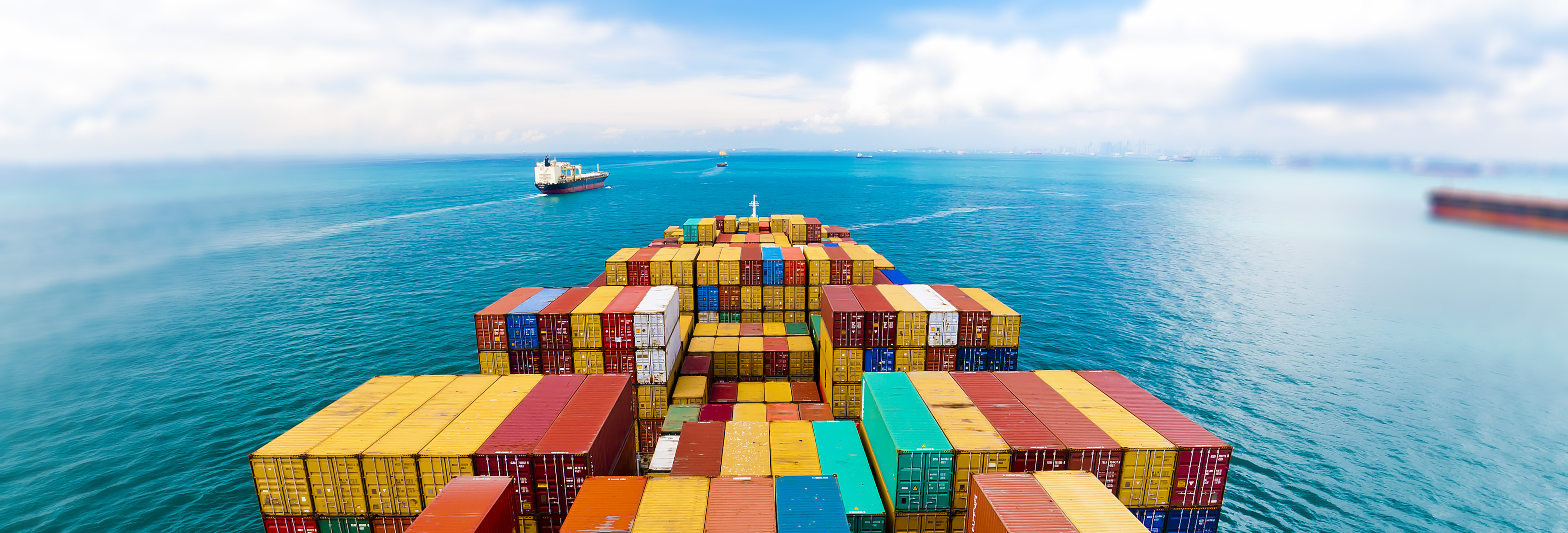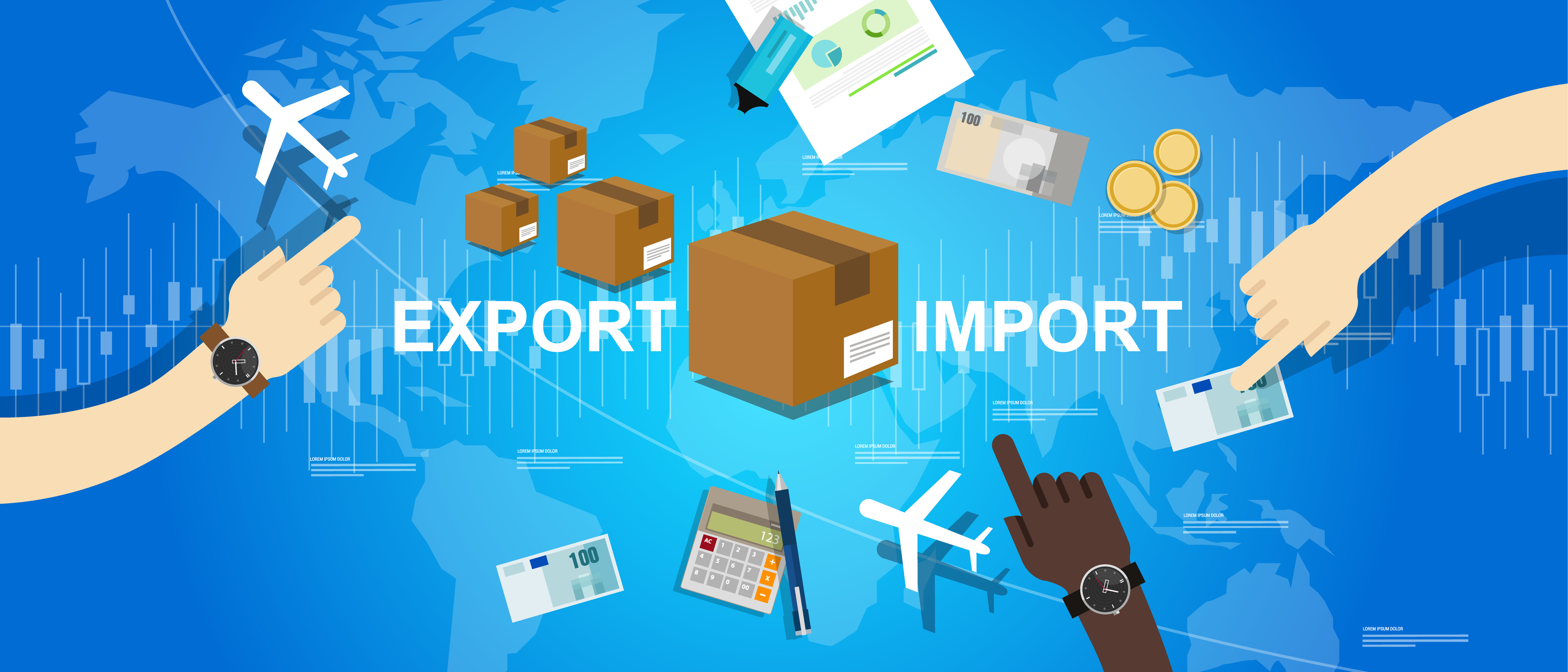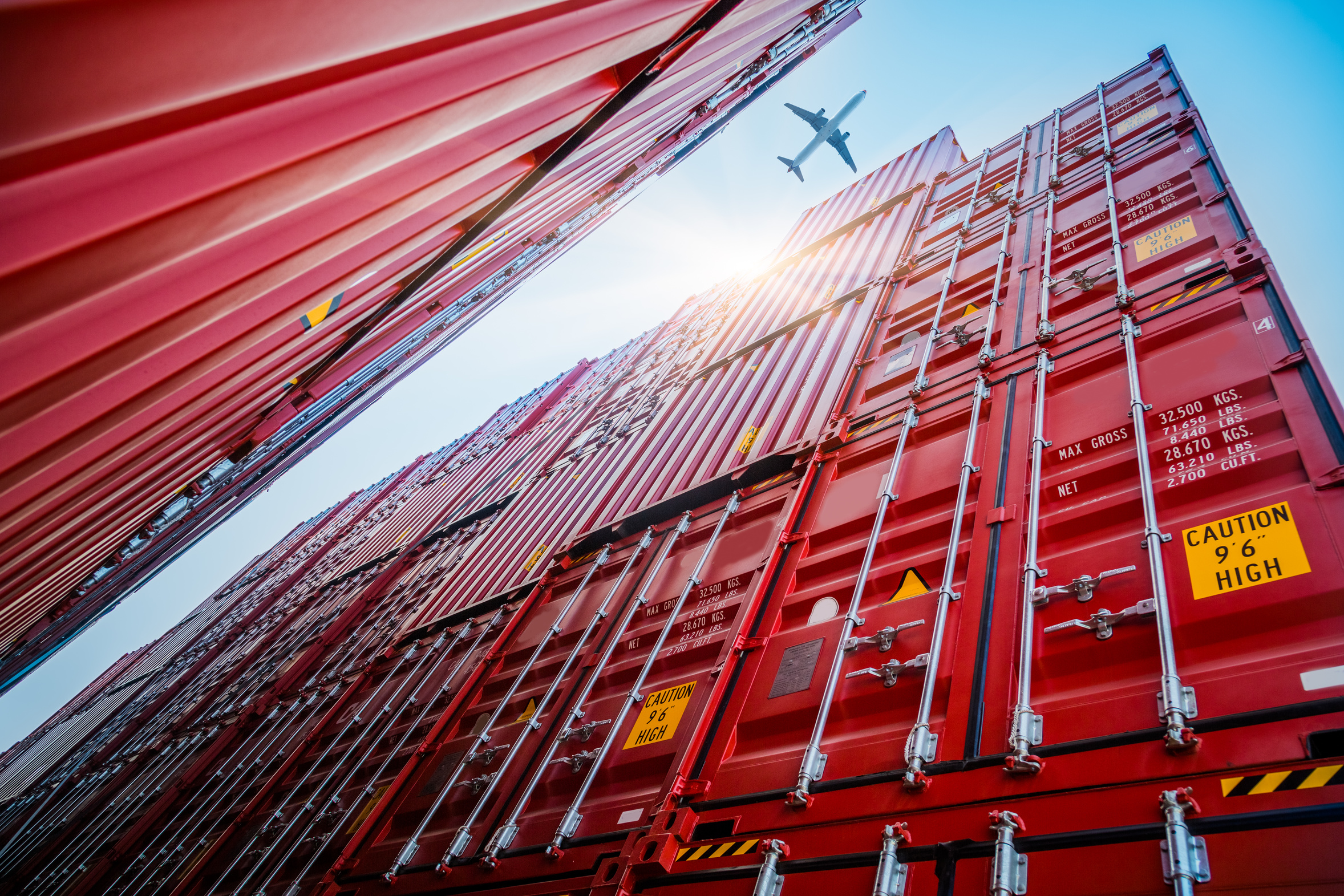Course Structure/Outline
This 5-week course will cover the following modules:
Module I – Introduction to the Concept of ‘Trade Facilitation’
This Module will introduce the concept of ‘trade facilitation’, its principles and benefits. The Module will outline the generic approach for implementation of trade facilitation reforms and briefly discuss the existing trade facilitation instruments, including the regional trade facilitation rules and regulation (for instance, the ECOWAS Trade Liberalisation Scheme). This Module will also identify various inter-governmental organisations that are invoked in work related to trade facilitation.
Module II – WTO Trade Facilitation Agreement and its Implementation
This Module will begin with analysing the reasons for inclusion of ‘trade facilitation’ on the agenda of Doha negotiations and the change in trade patterns over the years. The Module will discuss the key provisions of the WTO Trade Facilitation Agreement and how this agreement will be implemented, including special and differential treatment provisions that developing countries may invoke.
Module III – Trade Facilitation and Regional Economic Integration: The Case of ECOWAS
This module will discuss the case of ECOWAS region with respect to trade facilitation and regional economic integration by examining various obstacles to trade faced by the region, the significance of trade and reducing trade costs within the region, and integration of the region in international value chains.
Module IV– Trade Facilitation: Support and Needs Self-Assessment
This Module will discuss measures to determine overall compliance level of a country (including, for instance, countries from the ECOWAS region as a case study) with the trade facilitation agreement and explore the Special and Differential (S&D) treatment needs of each country (which was examined as a case study). These include, for instance, measures needing more time to implement and technical assistance needs. The module will also discuss how to determine national priority level of measures and identify the steps to comply with each measure.
Module V –Case Studies and Implementation-related Reports
This module will analyse diverse case studies and implementation-related reports of trade facilitation measures undertaken by other countries in order to fully understand and examine the costs and benefits of implementing such measures for a country. Based on the analysis of these reports and case studies, the module will recommend various steps that can be taken by the policy makers of different countries/region to best utilise the trade facilitation measures to integrate in international value chains



